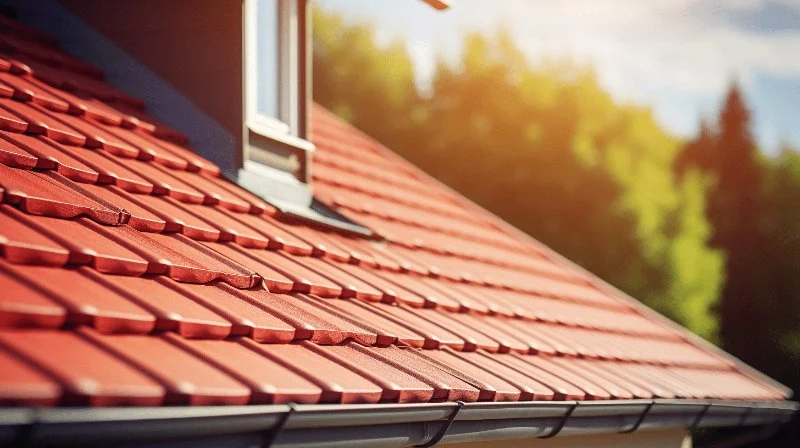
Everything You Need to Know About Roof Warranties
- What is a Roof Warranty?
- Types of Roof Warranties
- How Long Do Roof Warranties Last?
- What is Covered Under a Roof Warranty?
- How to Claim a Roof Warranty
- Common Issues Not Covered by Roof Warranties
What is a Roof Warranty?
A roof warranty is a guarantee offered by the manufacturer or contractor that covers the materials and sometimes the labor involved in installing a roof. It serves as protection for homeowners in case the roof fails or has issues within a specified time period. Roof warranties help ensure that repairs or replacements will be handled efficiently, providing peace of mind and protecting your investment in your home.
Types of Roof Warranties
There are typically two main types of roof warranties: manufacturer warranties and contractor warranties. Understanding the differences between them is key when selecting a roofing system for your home.
1. Manufacturer’s Warranty
The manufacturer’s warranty covers defects in the roofing materials themselves. This type of warranty ensures that if any issues arise due to poor-quality materials, the manufacturer will replace them. This warranty is generally transferable, which can increase the resale value of your home.
2. Contractor’s Warranty
Contractor warranties are offered by the roofing contractor who installs the roof. This warranty typically covers the workmanship or installation of the roof, ensuring that the contractor will fix any issues resulting from improper installation. These warranties can vary in length and scope, so it’s important to discuss the details before agreeing to the service.
How Long Do Roof Warranties Last?
The duration of a roof warranty can vary depending on the type of warranty and the materials used. Typically, manufacturer warranties last between 20 to 50 years, depending on the quality of materials, while contractor warranties tend to be shorter, often ranging from 1 to 10 years.
Manufacturer’s Warranties
Manufacturer warranties generally cover the roofing materials for a long time, sometimes up to 50 years. These warranties may include different coverage lengths based on the type of materials used, such as asphalt shingles, metal roofing, or slate. The longer the warranty, the better the coverage for the material’s failure.
Contractor’s Warranties
Contractor warranties are often shorter, but they provide coverage for the workmanship involved in installing the roof. These warranties can vary, but a typical contractor warranty may last between 2 to 10 years, depending on the contractor and their reputation. Make sure to verify the details with the contractor before hiring them.
What is Covered Under a Roof Warranty?
Roof warranties typically cover defects in materials and poor workmanship that result in roof failure. Coverage can include:
1. Material Defects
If the roofing materials are faulty or defective, the manufacturer’s warranty usually covers repairs or replacement of the affected materials. This can include issues such as improper manufacturing, cracking, or premature wear and tear.
2. Workmanship Issues
If the roof fails due to poor installation, the contractor’s warranty will cover the cost of repairs or a complete replacement. This ensures that the roof is installed according to proper standards and specifications.
3. Leaks and Water Damage
Leaks due to defective materials or improper installation are often covered under the warranty. However, it’s important to read the terms carefully, as some warranties may have exclusions for certain types of leaks, such as those caused by severe weather conditions.
How to Claim a Roof Warranty
To claim a roof warranty, you typically need to follow these steps:
1. Contact the Roofing Contractor or Manufacturer
If you notice any issues with your roof that may be covered by a warranty, the first step is to contact either your roofing contractor or the manufacturer of the roofing materials. Make sure to explain the issue thoroughly and provide any necessary documentation, such as receipts, warranty information, or installation records.
2. Provide Documentation
You will likely need to provide proof of the original installation, warranty coverage, and any maintenance records. Make sure to keep all relevant documents in a safe place to streamline the claims process.
3. Schedule an Inspection
Depending on the nature of the claim, the contractor or manufacturer may send a representative to inspect the roof and determine if the issue is covered under the warranty. The inspection may involve checking for defects or verifying that the problem is due to faulty materials or installation.
4. Repair or Replacement
If the claim is approved, the contractor or manufacturer will typically cover the cost of repairs or replacement. In some cases, you may be responsible for a deductible or partial cost, depending on the terms of the warranty.
Common Issues Not Covered by Roof Warranties
While roof warranties offer valuable protection, they don’t cover every situation. Some common exclusions include:
1. Damage from Severe Weather
Most roof warranties do not cover damage caused by extreme weather conditions such as hurricanes, tornadoes, or hail storms. You may need separate insurance for weather-related damage.
2. Lack of Maintenance
If you fail to maintain your roof, the warranty may be voided. Regular maintenance, such as cleaning gutters and inspecting for damage, is essential to ensure the warranty remains valid.
3. Improper Modifications
Any modifications made to the roof, such as adding skylights or making structural changes, may void the warranty if they interfere with the roofing system’s integrity.
Understanding roof warranties is essential for protecting your investment in your home. Be sure to carefully read and follow the terms of the warranty, and always choose reputable contractors and manufacturers to ensure the best possible coverage for your roof. For more information and to connect with trusted roofing contractors and products, visit Total Roofing Hub!



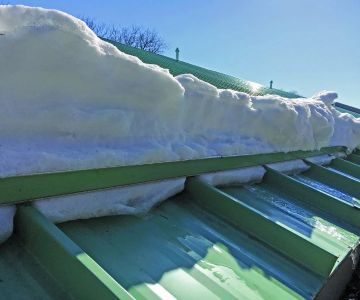
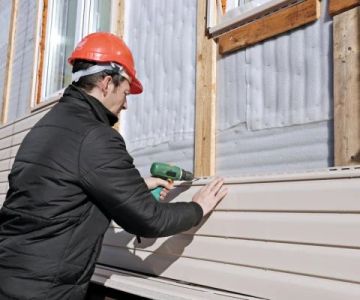
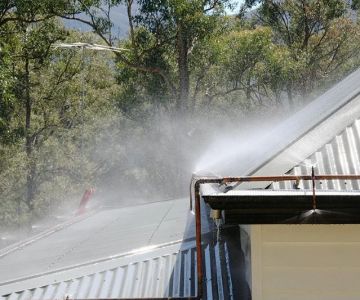
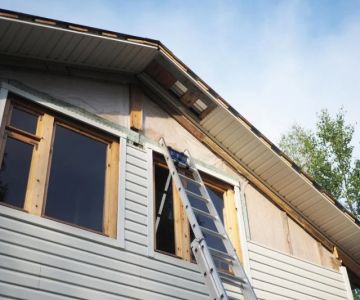

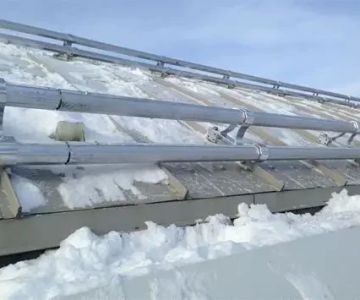
 Skyline Designs Roofing5.0 (99 reviews)
Skyline Designs Roofing5.0 (99 reviews) Perfect Roofing Installations4.0 (60 reviews)
Perfect Roofing Installations4.0 (60 reviews) Dog Tags Construction LLC4.0 (16 reviews)
Dog Tags Construction LLC4.0 (16 reviews) Gutter Shutter of Central Maryland5.0 (9 reviews)
Gutter Shutter of Central Maryland5.0 (9 reviews) Sam Cline Handyman Services4.0 (37 reviews)
Sam Cline Handyman Services4.0 (37 reviews) Paramount Builders Inc.4.0 (302 reviews)
Paramount Builders Inc.4.0 (302 reviews)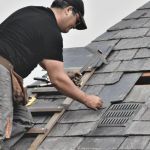 Should I Repair or Replace My Roof?
Should I Repair or Replace My Roof? Top 10 Signs Your Roof Needs Immediate Repair Before It’s Too Late
Top 10 Signs Your Roof Needs Immediate Repair Before It’s Too Late The Pros and Cons of Vinyl Siding: Is It the Right Choice for Your Home?
The Pros and Cons of Vinyl Siding: Is It the Right Choice for Your Home? How to Choose a Reliable Roofing Contractor Near You – Expert Tips
How to Choose a Reliable Roofing Contractor Near You – Expert Tips Top 10 Signs Your Roof Needs Immediate Repair You Shouldn’t Ignore
Top 10 Signs Your Roof Needs Immediate Repair You Shouldn’t Ignore How to Spot Hail Damage on Your Roof | Quick Guide for Homeowners
How to Spot Hail Damage on Your Roof | Quick Guide for Homeowners